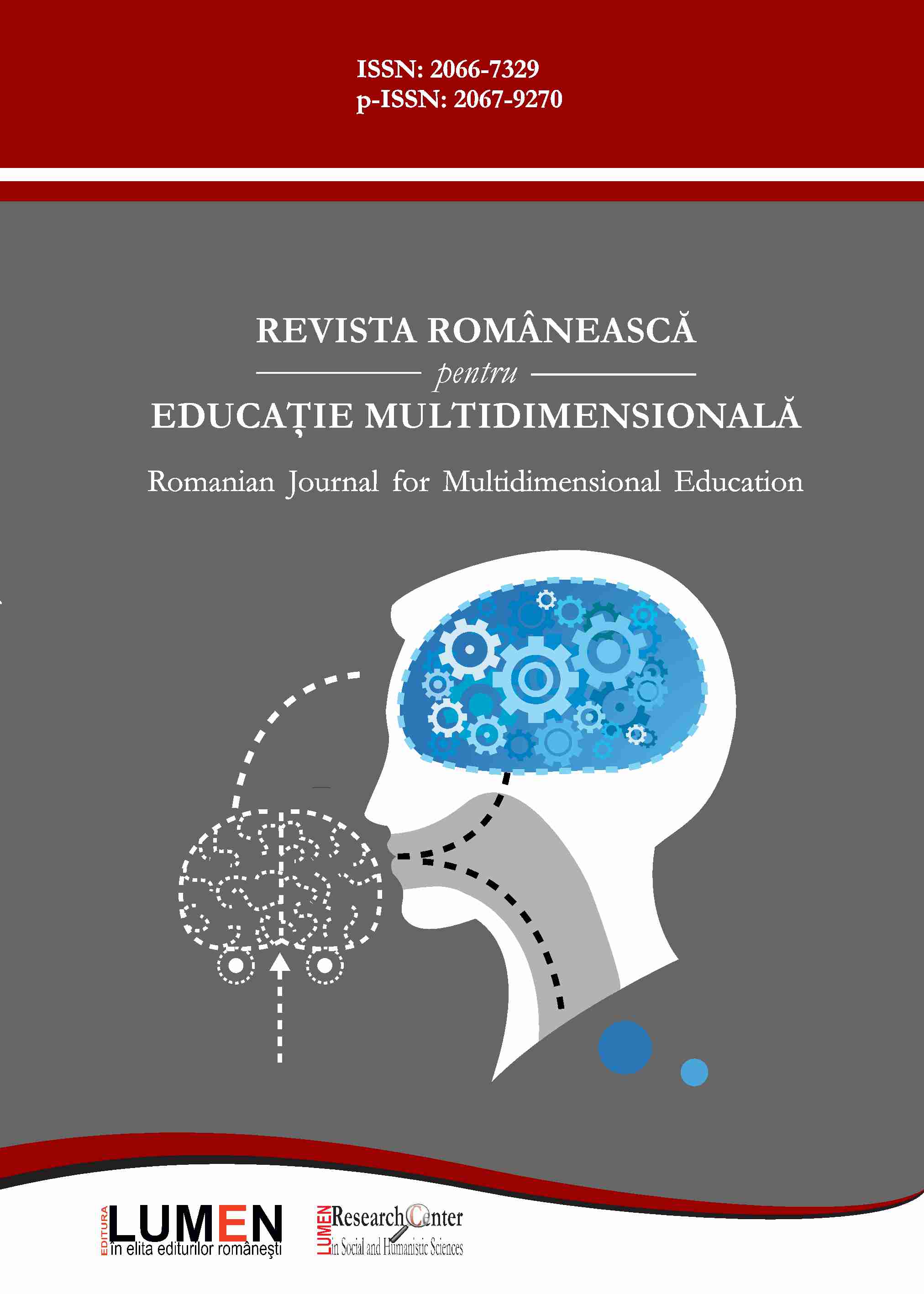Emotional Responses of the parent to the Angry and Happiness of An Autistic Child
Emotional Responses of the parent to the Angry and Happiness of An Autistic Child
Author(s): Liliana BujorSubject(s): Education, Psychology
Published by: Editura Lumen, Asociatia Lumen
Keywords: emotion socialisation; autism; happiness; angry;
Summary/Abstract: The study aimed at studying the family’s emotional responses to the emotional actions of the autistic spectrum disorder (ASD), as compared with the responses of a family with no autistic child.From a functionalist perspective, emotions become, as a result of the socialization strategies applied by parents, constructs consolidated in time, strengthened by experience and internalized as part of the self (Malatesta- Magai, 1991; Bariola, 2012; Zeman, 2010). More than that, emotions socialization parental strategies project their influence till adulthood. The significant correlations between the negative emotions socialization styles and the internalization matters are a constant of many researches (Brand & Klimes-Dougan, 2010; Silk et al., 2011; Klimes-Dougan, 2007; Garside & Klimes-Dougan, 2002).Based on these arguments, I studied the parent’s emotional reactions to the child’s emotions, according to the Malatesta – Magai Model (1991) which operationalizes five styles: reward, avoidance, punishment, neglect and amplifying. I chose two externalization emotions (angry and happiness) which we analysed in 40 families (20 families with an autism diagnosed child, 20 families with a non-autistic child). In order to highlight gender differences, visible at the level of emotion socialization practices (Baker, 2010; Denham et al., 2010), the instruments were separately filled in by the mother and father.According to the data, it can be asserted that the family type, respectively the parent’s gender influences the emotions socialization practices in specific ways; mothers are more emotionally involved, as compared to the fathers and use facilitating emotional responses for the emotional expression related to the children emotions.
Journal: Revista Românească pentru Educaţie Multidimensională
- Issue Year: X/2018
- Issue No: 4
- Page Range: 32-41
- Page Count: 10
- Language: English

